SFD-SMVDU
12th-18th September
sfd.smvdu.ac.in
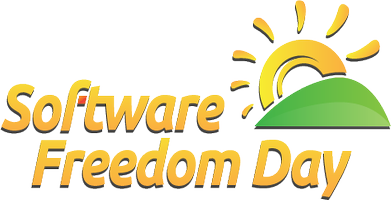
FOSS
Free and Open Source Software
Abhishek Kumar Vijay Krishnavanshi
Senior year Undergraduate Third year Undergraduate
Introduction to FOSS
The term was coined by
"Richard Stallman"

Interesting fact:
He also coined the term CopyLeft*


What we understood?
What we care for?
Free*
----------------------------------------------------------------------------------
Free (as in Beer)*
vs
Free (as in Speech)*
Free and Open Source Softwares
For us lazy guys it's FOSS
- Free, as in FREEDOM
- Not just free
- Not just "open source"
- Psst: that means its source code available to view
- Psst: that means you can see how it was made
- There are various implementations and licenses
- (The Open Source Initiative)
By Freedom we mean -
-
Freedom 0 : run the program as you wish
-
Freedom 1 : study the source code and change it so it does the computing the way you wish
-
Freedom 2 : the freedom to help others and make exact copy of the program when you wish
-
Freedom 3 : distribute a modified version

You control the Program.
How does this work?
- First, we'll explain the system
- Then, we'll give some benefits and drawbacks
- Meanwhile, we'll keep up with some examples of FOSS
Text
Some Open Source Examples

Android
- Android covers 52% of global market
- Its growth is expected to rise upto 70% by the year 2020
- 2.2 million apps on Google Play as compared to only 0.6 million in windows and 0.2 million in Blackberry store
- Career Option: 10 lakh android developer required by Google from India in the next 2 years
Linux/Debian
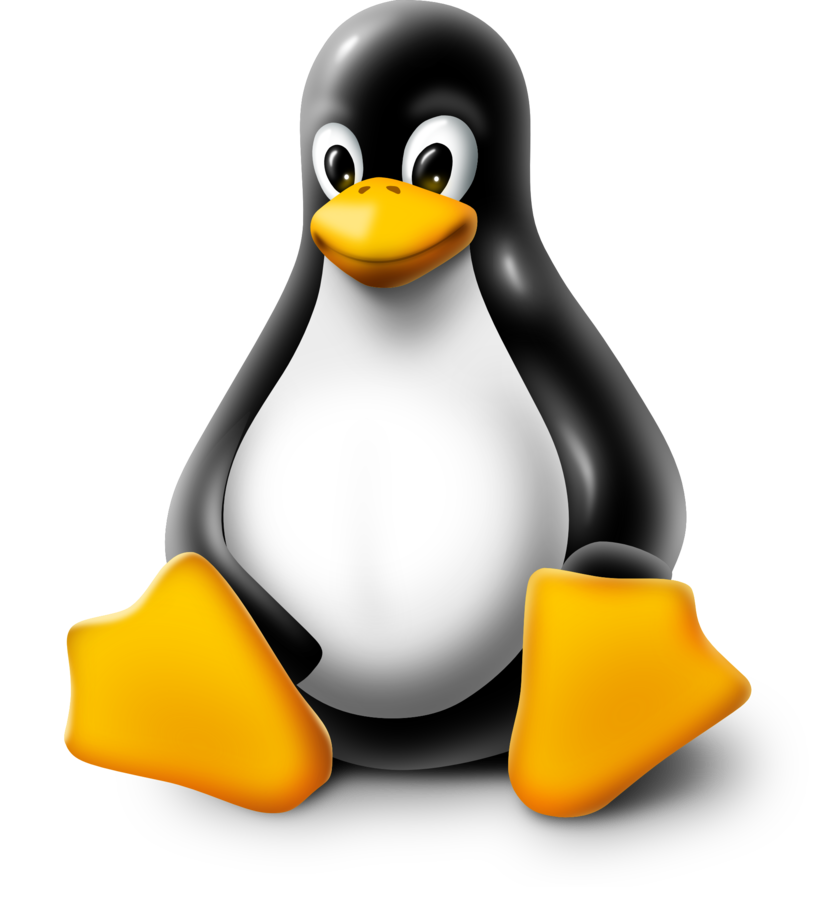
- 90% of the world’s most powerful supercomputers are using GNU/Linux.
- Top ten of supercomputers use Linux.
- 33.8% of the world runs on Linux servers compared to 7.3% running Microsoft Windows operating system.
- Google processes 200 million searches per day, all on Linux. Google serves 4 billion Web pages per day, all on Linux.
- There are about 60,000 (and counting) viruses known for Windows.
Some Open Source Programming Languages
- Python
- Ruby
- PHP
- Perl
- Java
- Asp.Net
and many more....
Some FOSS




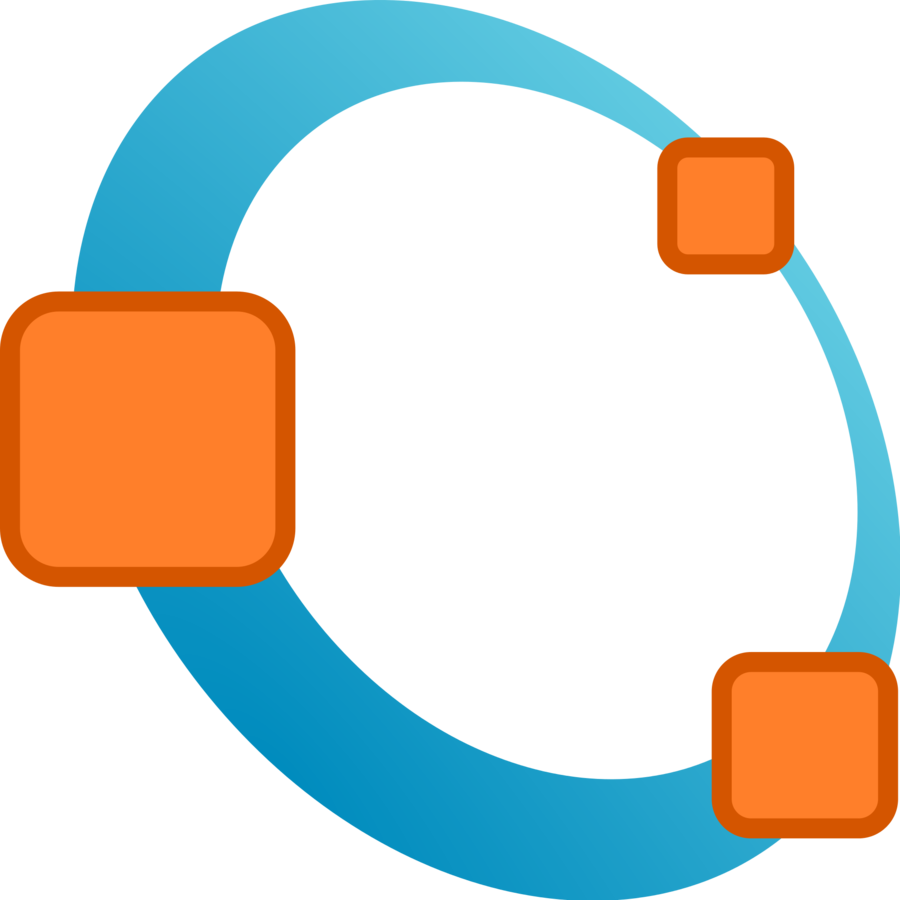
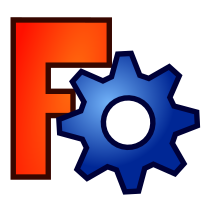

Trust me, the list is endless
Visit:
https://en.wikipedia.org/wiki/List_of_free_and_open-source_software_packages
Now, where can I find the source code?
- Most of the organisations put their code on Github.
- You can clone/copy it and do whatever you want !! :P
# Open GitHub and register.
# More in GitHub Workshop.
FOSS vs Proprietary Software
FOSS
- comes free
- don't need to get an expensive software or hardware to run the system.
-
Organisations can use this system as long as they like, without thinking of paying any setup, activation, and monthly subscription charges
Proprietary Software
- Varies from a few thousand to a few hundred thousand dollars, depending on the complexity of the system required.
- cost is made up of a base fee for software, integration and services and annual licensing/support fees.
Cost
FOSS
-
Open source software relies on its online community to deliver learning support via forums.
-
Requires some basic knowledge for the user to ask for help in community and resolve them
-
Sometimes, the troubleshooting is faster than those of proprietary software.
Proprietary Software
-
Proprietary Software Provider offer ongoing support to users, a key selling point for users without technical expertise.
-
Certain reduction in the risk undertaken with proprietary software
SERVICE AND SUPPORT
FOSS
-
enables innovation by providing users with the freedom and flexibility to adapt the software to suit, without restriction
Proprietary Software
-
do not allow users to view or alter the source code but may ensure the security and reliability of the software
INNOVATION
FOSS
-
Linux (Open Source) is the most secure OS after Mac.
-
Big players using OSS have robust security policies, hence security in big organisations using OSS is not an issue
Proprietary Software
-
Proprietary Software developed for proprietary operating systems are relatively less secure. But the total solution from proprietary software is viewed as secure because it is developed in a controlled environment by a concentrated team with a common direction.
SECURITY
FOSS
-
The source code of OSS is freely available along with the product. Any person can read, modify, build and distribute a modified version of an original product. Thus, it gives a transparent look at the core structure of the product.
Proprietary Software
-
They do not provide an open look to the internal structure. Only user interfaces are provided to work with it. The user cannot know the internal processing and other details.
TRANSPARENCY
Now the Big Question?
Why should we contribute and use FOSS?
Why use FOSS?
Comm'on guys, we are Indians.
Its Free, thats all we want.

Copy and Paste
Use Software for any purpose without any restrictions
Why Contribute?
FOSS on an individual level
- Developers make software
- They pick a license to distribute their software under
- They get feedback on their software
- People may offer to help them with their software
- Everyone
- Learns from each other
- Gets BETTER free software
Change and Improve

Fix, Improve, Adapt, Remix... as you want!
And the Biggest reason is:
Awesome Community
With us From the Community
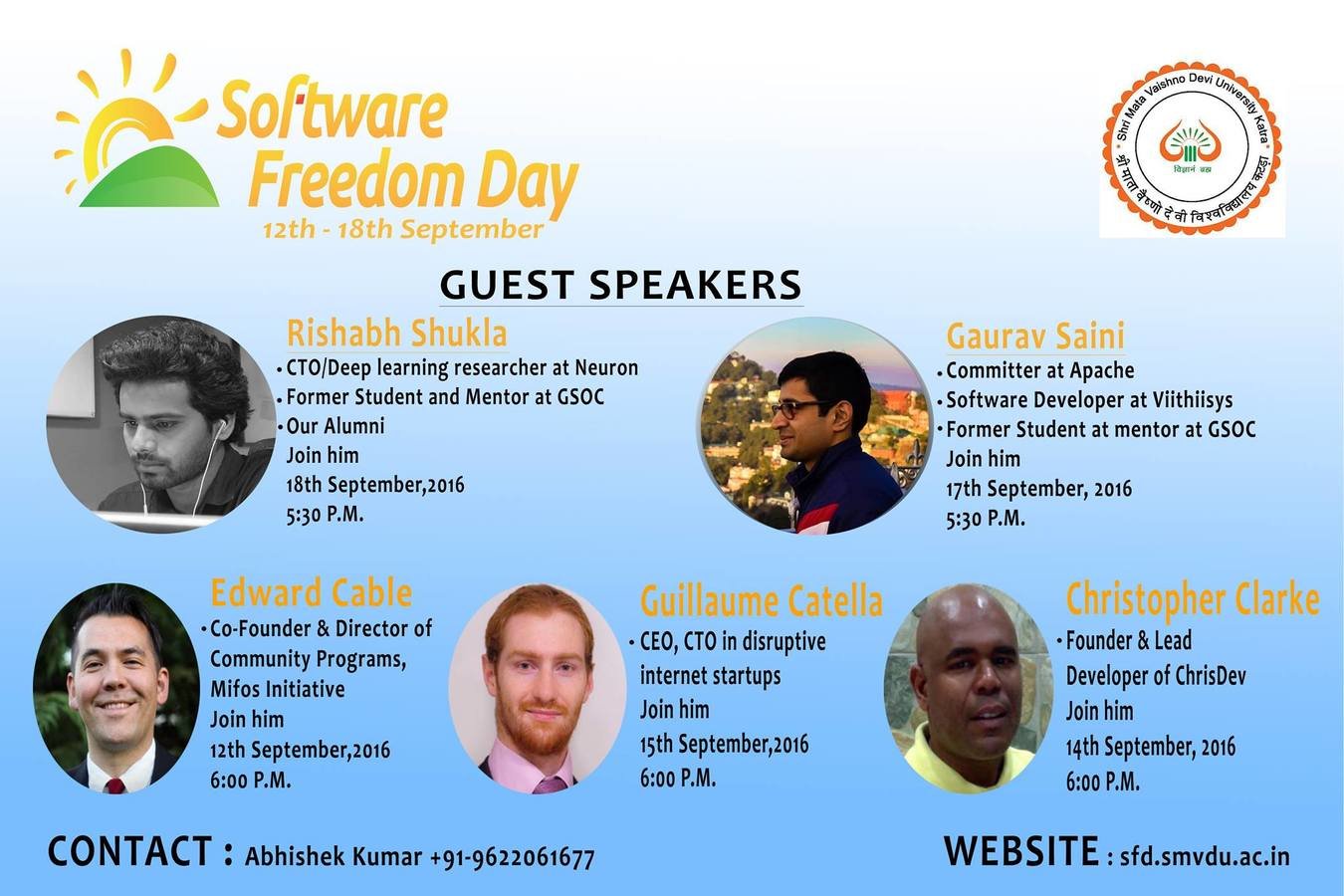
- By getting involved in a FOSS community, you get to work on real-world problems, learn from experts, build a network and, of course, get discovered.
- Your code is out there. If you are up for a job, it shows recruiters that you are concerned about the community and not just about yourself.
- Open Source development is much more than just computer programming, there are lot of different kinds of tasks to choose from Code, Documentation/Training, Outreach/Research, Quality assurance, User interface.
Lets Summarize
Now, How to Contribute?
The Various open source programmes open to students
Google Summer of Code (GSoC) for university students:
GNOME's outreach Program for Women(OPW):
Season of KDE
and many more
visit https://github.com/tapasweni-pathak/SOC-Programs
Where is the money in Free and Open source?
- Offer Support and Services
By far the most common method of income is to provide a service alongside the OSS product.
- Maintenance services: Most companies value their time more than their money so this is a great way to go, especially for server-based software. Paid installation and setup or on-call administrative support are two prime examples.
- Lectures and workshops: if your software is popular enough, you could hold workshops for individuals who want to learn everything from the basics to the most advanced aspects.
2.Sell Instructional Material
Documentation: Many OSS projects include documentation for free and there’s nothing wrong with that. However, good documentation is time-consuming to produce and incredibly valuable, so much so that it may deserve a price tag.
Tutorials and examples: If paid documentation doesn’t sit well with you, you can always release it for free and then charge for tutorial resources. This applies more for complex frameworks like game engines and not so much for singular applications.
3. Paid Plugins and Enhancements Paid extensions:
offer the base software for free and sell your own extensions for advanced features. Example, WordPress. It’s offered free of charge for anyone to use and modify, but there are plenty of WordPress Professionals who make a living by creating and selling WordPress plugins.
Future is free..Future is Open Source..
